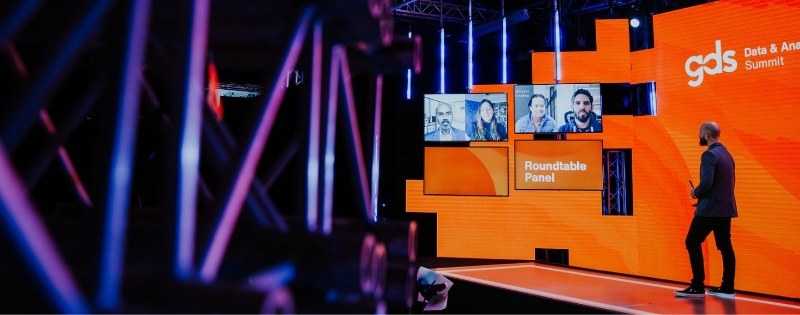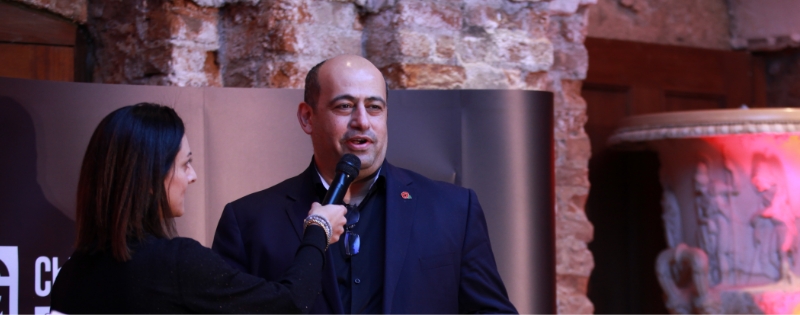In the 2022 workplace, institutional discrimination is still happening. Studies and statistics show it; anecdotal experience reflects it. The question is, how do you call it out and stop it?
According to one fascinating study released last year from the National Bureau of Economic Research, some of the largest U.S. companies show patterns of bias. The researchers in this study sent more than 80,000 fake job applications to Fortune 500 firms. The result? Applications from candidates with traditionally “Black names” were less likely to be called back than comparable applications bearing distinctively “white names.” Similar studies across the globe have shown similar biases, and in some cases, show male applicants being favored over female.
Just Checking the Box
These patterns are also being observed in the lives and careers of executives we hear from at our GDS Group events. At our 2021 HR Summit, for instance, keynote speaker Nancy Brooks, Vice President of National Accounts, Foodservice Management at Sysco, shared an anecdote about a woman she recently interviewed.
“This one candidate stood out. It was a woman who just knocked it out of the park. She wasn’t right for the role, but she was right to come into the department and then be groomed to take on this higher-level role,” Brooks recalled.
After the interview, Brooks was speaking with colleagues about the candidate, who also happened to be of Cuban descent, and asked, “how did this woman get into the mix? I would never have thought of her. I thought she did a great job.” Her male colleague’s reply: “He didn’t even look at me,” said Brooks, as he told her, “I was just checking the female ethnic box.”
Courageous Conversations
Brooks didn’t condemn, embarrass, or shame her colleague, nor did she let it go. She had what she called a “courageous conversation,” the kind she says business leaders need to be having more of. “Do you realize what you just said?” she asked him. “I could have harbored that, I could have walked away,” continued Brooks, “but I said something that day. You have to call out bad behavior.”
As Brooks asserts, change happens conversation by conversation, and this theme also ran through a recent ‘Strategy for Breakfast’ podcast here at GDS (listen to it here), where Sheri Hinish, Global Sustainability Services Lead at IBM, visited to talk about diversity in the workplace. “Men have to be part of this conversation,” Hinish stressed.
“Including men in the conversation, making sure that they understand. Some of those biases are sort of ingrained. They might not even be aware that they’re there.”
Grace and Honesty
Brooks echoed that sentiment, urging business leaders to have an attitude of grace, even while addressing matters confidently head-on. “Forgive and say, hey, I know you didn’t mean that, the way it came out, but let me tell you how that made me feel.”
Calling out bias, calling out discriminatory practices, and having honest, courageous conversations. The way toward more inclusive and equitable workplaces.
GDS Summits are tailored 3-day virtual event conferences that bring together business leaders and solution providers to accelerate sales cycles, industry conversations and outcomes. Regarding the HR Digital Summit 88% of Delegates said the overall experience of the Digital Summit they attended was either Above Average or Excellent and 100% of Delegates said the Digital Summit provided them with actionable outcomes to support their current initiatives.
For more, click here to hear from attendees on how GDS has helped them to achieve their business outcomes.
Continue the debate at GDS’ HR Summits where we bring together senior human resources executives who are actively seeking to share, learn, engage, and find the best solutions.
Apply to Attend












